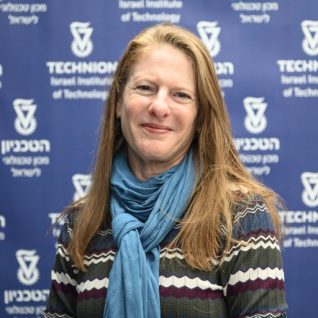Dr. Miri Barak (Eng.) is a Professor of Science and Engineering Education, at the Faculty of Education in Science and Technology, Technion- Israel Institute of Technology. She is the Head of the Science and Learning Technologies (SLT) group, which investigates cognitive and sociocultural aspects of online learning and the promotion of 21st century skills. Her work involves two major research areas: Engineering education, examining unique approaches for innovation cultivation; and Science education, examining knowledge construction and motivation to learn, using location-based applications and gamification. Dr. Barak is a Cum Laude graduate of the Technion’s Faculty of Food Engineering and Biotechnology, with work experience in the industry as an R&D Engineer. She received her MSc and PhD degrees at the Technion and was a postdoctoral fellow at the Center for Educational Computing Initiatives (CECI) at MIT – Massachusetts Institute of Technology, US. She is the former Chair of the Institutional Review Board for Ethics in Behavioral Science Research and the former Assistant to the Technion’s SVPR for the Promotion of Learning and Teaching. Currently she is an Honorary Research Fellow at the University of Oxford, UK. She is a PI and co-PI of a number of national and international projects on location-based learning (AugmentedWorld), game-based learning (Games of Food), and the development of massive online open courses (MOOCs). Her academic work is presented in more than 80 peer-reviewed papers and book chapters in leading international and national publications. Google scholar profile I ORCID #0000-0002-7756-6171
- 1990 – B.Sc. – Food Engineering and Biotechnology, Cum Laude, Technion, Israel
- 1999 – M.Sc. – Chemistry Education, Technion, Israel
- 2002 – Ph.D. – Chemistry Education, Technion, Israel
- 2004 – Post Doctoral Fellow, Massachusetts Institute of Technology, USA
Prof. Miri Barak’s list of publications at this link and Google Scholar



